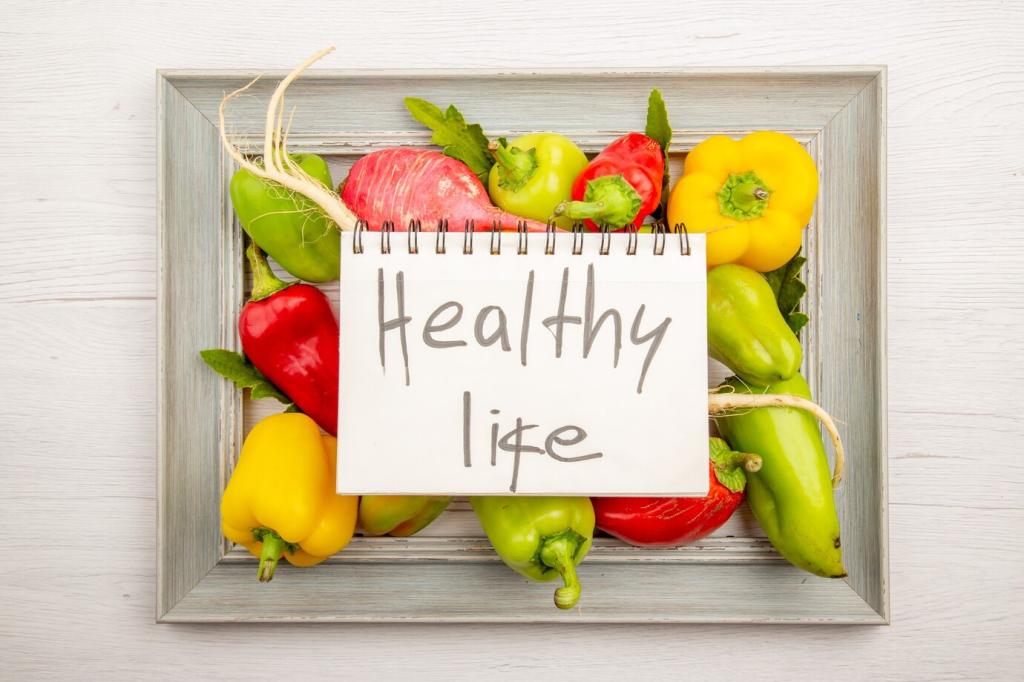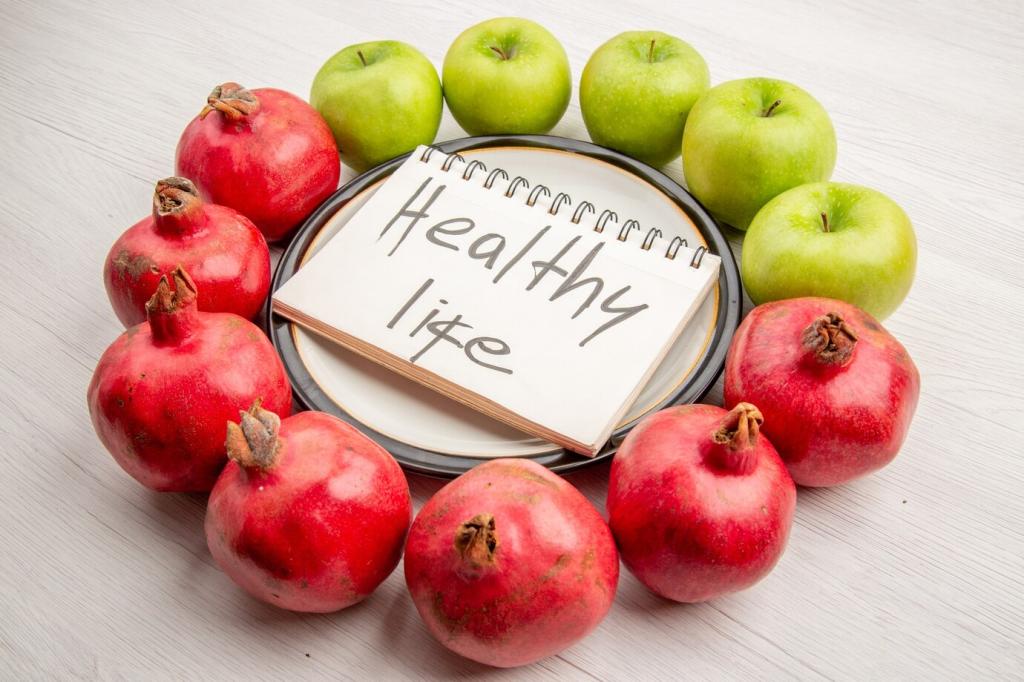Repair and Rebuild: Protein That Delivers
Many adults benefit from 20–40 grams of protein post-workout, including roughly 2–3 grams of leucine to trigger muscle protein synthesis. Dairy, eggs, soy, and whey are strong options. What’s your favorite way to hit that threshold deliciously?
Repair and Rebuild: Protein That Delivers
Blend plant proteins—like pea with rice or soy with oats—to improve amino acid balance. Add leucine-rich foods such as soy or fortified blends. Tell us your top plant-powered shake that tastes great and sits well after intense sessions.



